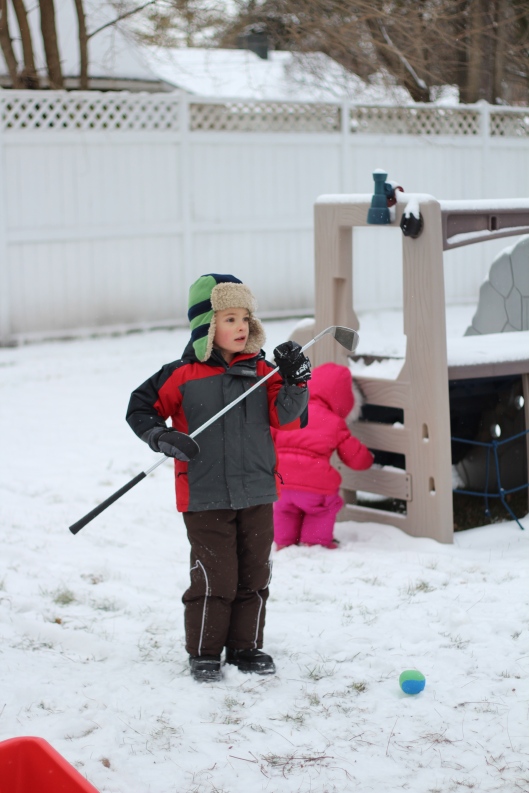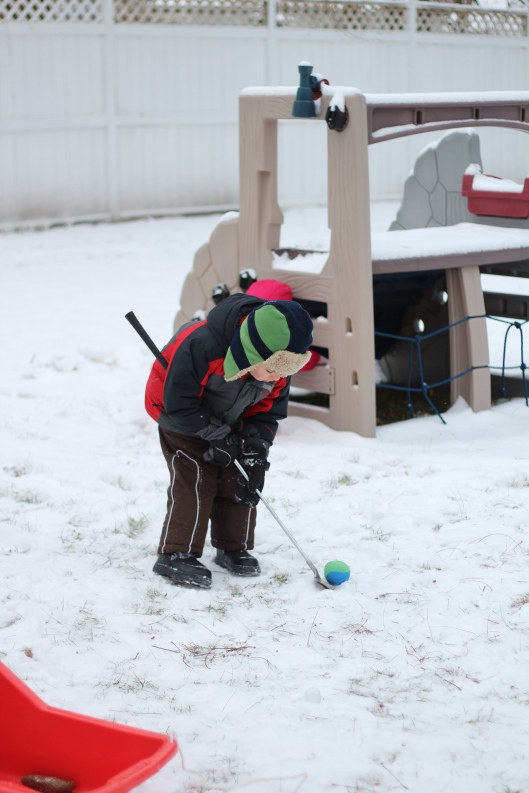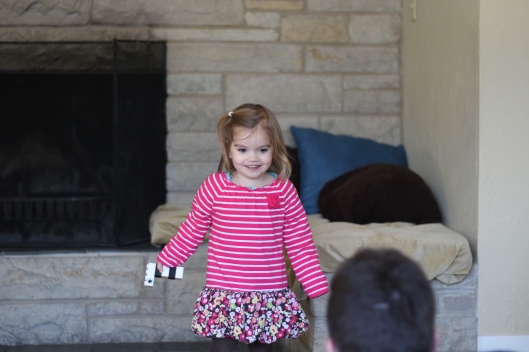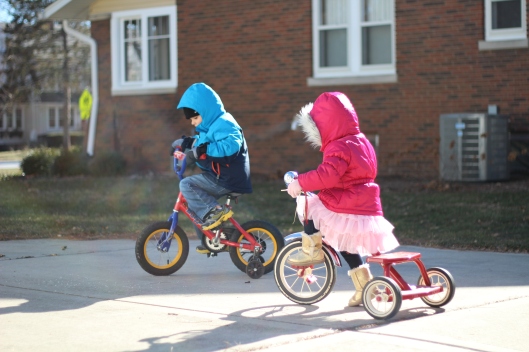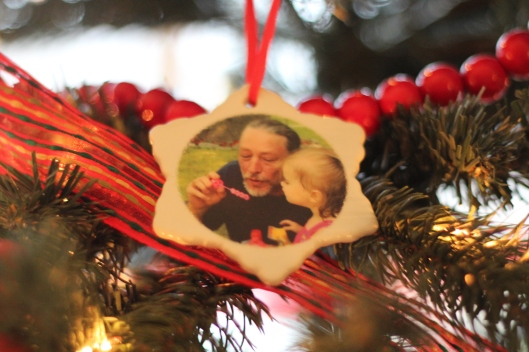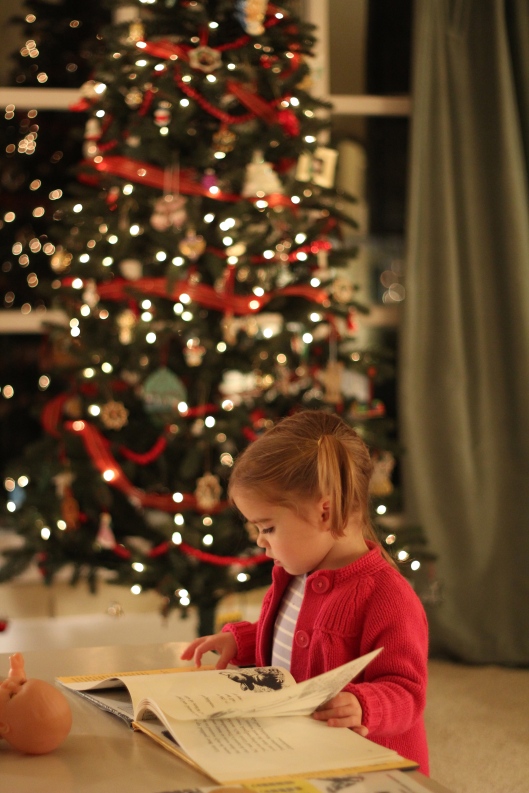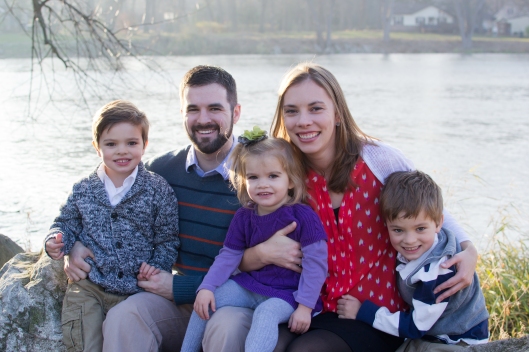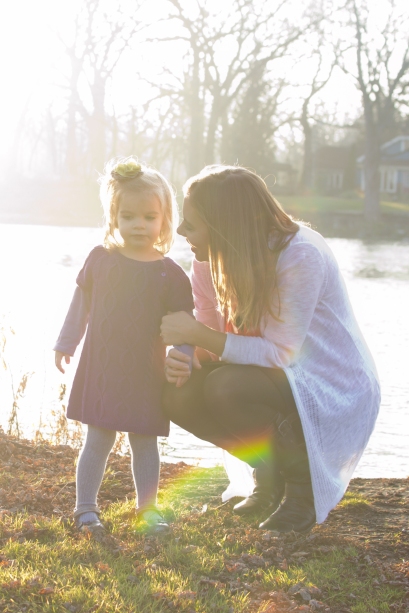“…most of our kind,
sated, if only by the monotony
of unrelieved unhappiness,
turn away from the drama, disillusioned,
uncompassionate.
O you mothers and loved ones—then, ah, then
comes your hour, the hour for true devotion.
Then your hour comes, you friends and brothers!
Loyal hearts can change the face of sorrow,
softly encircle it with love’s most gentle
unearthly radiance.”
– Dietrich Bonhoeffer, from “Sorrow and Joy” in Letters and Papers from Prison
I realize that for some, the effect of reading my last post could be a feeling of paralysis—as if any attempt at conversation and caring will only cause the hurting person more hurt. That is not my intent. When I wrote that post I knew that I wanted to follow up with another, offering suggestions on how I think you can best convey your compassion to the grieving and suffering. It’s a bit awkward to write this, fearing that I will seem to dictate the words my friends use to speak to me. But that, too, is not my intent. I know the feeling of desperately casting about for the right thing to say to people who were staring at me blankly from a cloud of pain. And, God forgive me, I am sure I said the wrong thing most every time. Now, to my sorrow, I know better. I also know what words have touched me like cool water on an angry burn—words that have made me weep with thankfulness; words I would feel privileged to someday bring to others in their own dark days.
So I offer what I have learned, in the hope that these thoughts may help some other aching souls to feel the touch of those who love them. If anything positive comes from what I share, it doesn’t make the loss of my son worth it—but it’s a small good thing nevertheless. It is only a pebble dropped into the edges of the ocean, but it makes some rings across the water.
I have 7 suggestions, which I have been turning over in my mind for months. I make these suggestions with some caution and more confidence. I would never claim to speak for every bereaved or broken person. Not everyone processes things the way I do. However, in the past couple of years I have heard and read quite a bit from people who have experienced catastrophic losses. And what I have gathered from them confirms what I think and feel myself. So I believe that my suggestions are broadly true for many of the people whose pain will cross your path.
1. Say something
In cases of tragic or devastating loss, there is nothing actually helpful to say. You can’t help, in the deepest sense, because you can’t change what happened. But that does not mean there is nothing to say. Saying something is almost always better than saying nothing. If you are physically present with the sufferer, and your own tears are flowing down your face, they can speak for you. But in any other circumstance, your bereaved friend will not know you are weeping with him unless you tell him so. Sometimes all you need to say is, “I am so sorry. I am crying with you.” But those small words are utterly, infinitely better than silence.
If you are thinking of your hurting friend, text or email or write her a letter; tell her you remember her loss and you care. Invite your friend to join you for a fun activity (and give her an out in case she doesn’t feel up for it). If you are going to be in the neighborhood, check to see if she feels like a short visit. She might not, but I think she will be grateful that you cared enough to ask.
People have sometimes said very hurtful things to me. I suppose that a few of those occasions could have been improved by mere silence. But in most cases, I can at least reflect that the person must care about me, or they would not have attempted to say anything at all. Silence, however, is more difficult to rationalize. Please let the hurting person know that you care; if you don’t tell him so, he has no compelling reason to believe you do. Saying something is better than saying nothing.
2. Sympathy, not sermons
The most touching things that have been said to me have always been expressions of sympathy. When you enter into conversation with a person who has suffered a huge loss, you need to limit your expectations. Don’t expect to help, comfort, or encourage. Simply aim to show the person that you care. This is not something that you can fix; there are no words that will work a magical change in the sufferer’s mind and heart. Healing takes a very, very long time and will probably never be complete in this life. And in any case, it is not your job. The best gifts you can give your friend are your presence, your tears, and your words of sympathy and compassion: “I’m so sorry.” “I am imagining what this must feel like for you and I don’t fully understand, but I think it must be horrible.” “I hate that this is happening to you.” “I wish that I could change this but I know I can’t. I just want to be here with you.” Words like these are small and simple, but they speak more volumes about your care than you could probably guess.
I think it can be tempting to think that we know, outside of the situation, what we would want to hear if we were in our friend’s shoes. I sometimes thought that in the past. But I have learned that it’s dangerous to make that assumption if we have not walked that road. I believe that most people who are facing a tragedy do not want you to attempt to provide any answer, because they are painfully aware that there are no answers sufficient to ease the agony. Even if all wounds will be salved in the next life, no Bible verse can now fill the void where my baby should be.
There may be a time when the hurting person will want to hear a sermon. Let him decide when that time has come. If he wants to talk about the theology of suffering, let him ask you. He might; my husband sought that before I did, and still finds it more helpful than I do. But let your friend choose the time, and the topic, and the person he wants to engage with that conversation. Until then, show your sympathy. You may not be talking about Jesus, but you are acting like him, which in a way is the best kind of sermon.
3. Seek details, not evaluations
I beat this horse pretty sufficiently in my last post. I have explained that “How are you?” is a very difficult question to answer. But I would like to add some suggestions of how you can ask good, caring, detail-oriented questions.
Ask about your friend’s feelings so that you can understand them a bit better: “What has been especially hard for you this week?” “What have you been thinking about?” “I have been imagining that you might feel x; is that how you feel, or is it different?” “Did it only make you sad to go/do x, or did you also have some fun?”
Ask about specific life events and activities: how the kids’ activities are going, how she is sleeping and whether she’s remembering to eat, if she went on vacation and what she did, if she’s been reading anything good, what cute things her kids have said that week, what’s happening at work, or what TV show she’s enjoying. One of my friends asked recently if I was taking care of myself and painting my nails. That was a good and insightful question. The answer is that I felt up to it one day about a month ago, and now it’s chipped almost to oblivion because I’ve never felt like taking it off and repainting. It’s a small question about a small thing, but it was meaningful to me because she cared enough to think of what life might be like for me right now, and to turn that into a relevant and answerable question.
And don’t be afraid, if your friend wants to talk, of asking about the loss. Has he been to the grave? Is it hard to go there? Does he like going, or dread it? Does he have bad dreams? Are there any places or things he’s avoiding because they remind him too much of the loss? These are not easy questions to ask, and are appropriate at some times and not others, but in the right setting they are thoughtful and compassionate. The experience of loss can be isolating; your sensitive questions about the details may make your friend feel just a little less alone.
4. Specific offers
Many, many people have kindly told me, “If there’s ever anything I can do, please let me know!” I appreciate that offer greatly, but the trouble is that I don’t know exactly what the offer means. I don’t know if you mean that you would like to make a meal, babysit, pick something up at the grocery store, weed my flowerbeds, fold laundry, clean my bathroom floors, or just come over and sit with me. I am nervous that a specific request I make might be outside the realm of what you were thinking of doing, so I am unlikely to ask.
The most helpful offers are specific. If your friend is like me, she will probably be more helped by an offer like this: “I have two hours free on Wednesday afternoon. Can I…[come babysit while you run an errand or take a nap/go to the grocery store for you/clean your bathrooms/make dinner/help with homework/mow the lawn/help you take the kids somewhere fun/fill in the blank with the options you would like to offer]?” Giving a list of a few specific ways you would be interested in helping will clarify your offer and enable your friend to tell you what would help the most.
5. Sensitivity to timing
This is key: sometimes your friend will feel like talking and sometimes he won’t. Give him the opportunity to make that choice. If you’re thinking of an impromptu visit, text or call first to see if it’s a good time. If you’re starting a conversation, first ask if your friend wants to talk about it just then. One of my friends said, “You mentioned before that this has been a hard week. What has made it particularly hard?—And you don’t have to talk about it right now if you don’t want to.”
The grieving person is likely always close to tears. Sometimes she wants to share those tears and the feelings behind them, but sometimes she needs to keep operating on the surface of her life so that she can make dinner or make it to a doctor appointment. Sometimes she may be able to talk fairly collectedly about her experience, but other times she is hanging on by a fragile thread—though it may not be evident visibly—and she doesn’t have the emotional energy required to discuss it. You can’t be sure, so when you ask a question, offer her an exit she can take if she chooses.
6. Solidarity, not sameness
When we were awaiting Simon’s almost certain death, a woman who had experienced multiple miscarriages told me that she knew what I was going through. I appreciated her desire to empathize with me, but the words left me feeling isolated, with the true character of my suffering denied. I had already experienced two miscarriages, which were devastating—but this loss felt incalculably different, and, in the context of my life, much worse. I would never deny the pain of any miscarriage, let alone many. But this woman truly did not know what it was like for me to feel my baby stir and kick inside me, knowing all the while that his tiny heart beat under a sentence of death. She did not know what it would be like for me to labor and deliver exactly as I had with my three living children—only to bring forth a beautiful, perfectly formed, silent child. By leveling my pain with hers, she invalidated my unique experience.
There are many kinds of catastrophic loss, and I don’t suggest we attempt to rank them or engage in one-upmanship with our pain. But we should recognize that every experience of loss is different. Even if I talk with another mother who has lost a child, even if that child was lost to stillbirth, I cannot know exactly how she feels, because I am not living her life. But our profound fellow-feeling for each other transcends the difference between our losses. That solidarity can flow from a very similar experience, a quite different one, or mere unflinching imagination of how such a loss would feel. There is a touch of healing in the fact that while no one knows exactly what I feel, some people comprehend a part of it. Tell me that our sufferings are the same and I will feel misunderstood and terribly alone. But stand shoulder-to-shoulder with me and say, “I feel part of this with you. I understand some of what you are enduring. I hurt with you and here is why,” and I will feel that a hand has grabbed mine in the dark.
7. Safety
If you want to be a friend to the hurting, make your conversation a safe place. I have found few things more painful than finding that, in addition to grief, the bereaved must sometimes bear the misjudgment and criticism of others. It is a ludicrous burden to put on the bereaved: the expectation that the way they process their grief must fit tidy categories established by people who have not suffered this loss themselves. That is not the face of compassion. That is not Jesus weeping outside the cold grave of Lazarus even though he knew that he would raise him from the dead—weeping because even if you could know the endings that none of us knows, death and similar sorrows are still horrible beyond comprehension or comfort. Jesus didn’t scold the mourners for their likely lavish display of grief; he wept with them, with lamentations probably just as loud. I think that is the model we should follow: listen to the grief of our friends and join it, rather than finding fault with the words they use.
It is a great, breath-restoring gift to the hurting to be in the presence of a person who will hear whatever you feel like saying without narrowed eyes or attempts to correct you. I have some friends like that, and they help make it possible, somehow, to daily bear what is unbearable. They say things like, “It is totally understandable that you feel that way.” “You can say whatever you want; I’m not going to be shocked or offended.” “It is valid to feel however you feel.” “You have not done anything wrong.” These friends are not looking for a theological imprecision around every corner. They know the context of loss is not the time for close philosophical scrutiny; this is the time for grief, and learning how to go on living in the midst of it. Safety to say exactly what you feel without fear of criticism is one of the great benefits of counseling. But why should that safety be found only with a professional, and not also with a friend? Let’s make our friendships places where it is safe to share our hearts.
This list of suggestions is not exhaustive—but these are the thoughts that swim to the surface as I look back over the past seven months and the conversations they have held. For very insightful, related suggestions, I highly recommend Molly Piper’s series on how to help your grieving friend. I wish no one else need ever face tragedy, but I know we live in a broken world where that wish cannot be fulfilled. I hope these words may find their way to touch others who are stranded in the valley of the shadow of death.



























